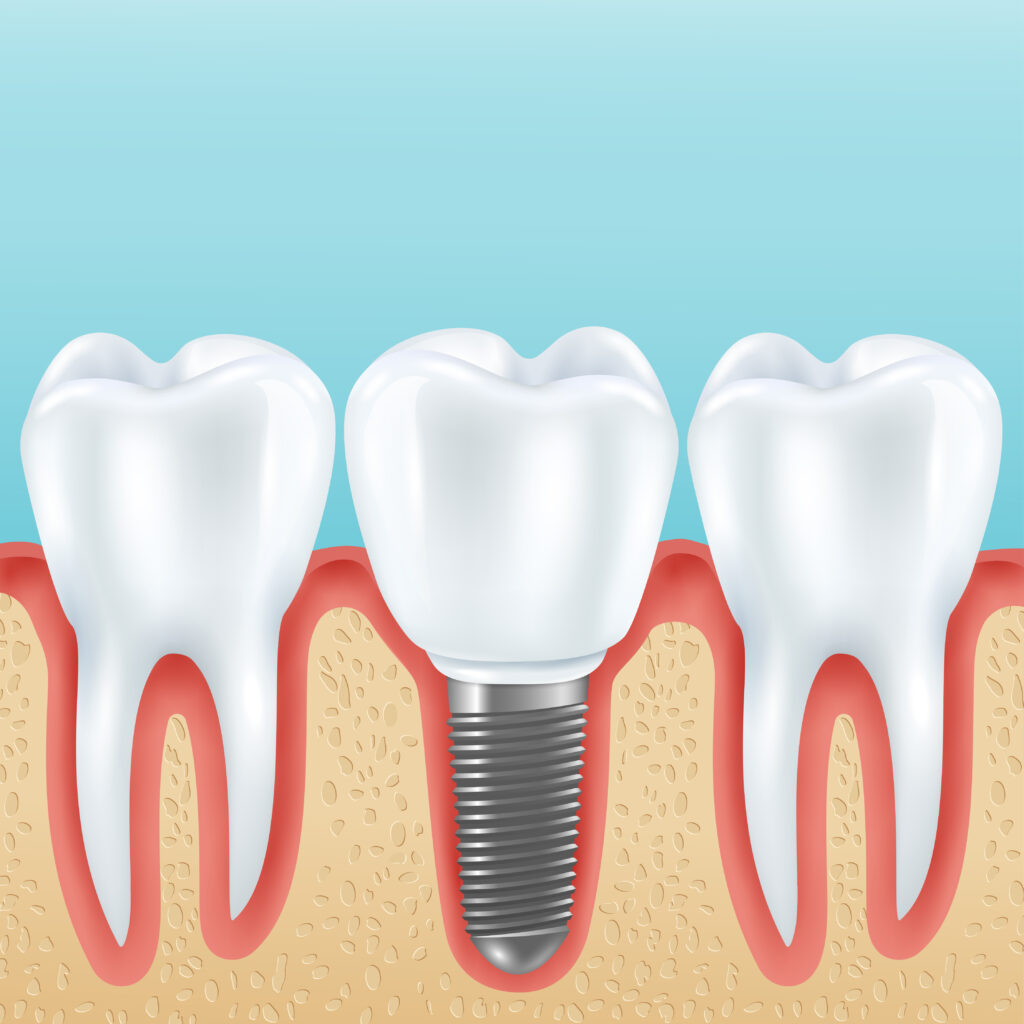Introduction
Dental implants are small posts placed in the jaw to replace missing teeth. They act as strong roots for artificial teeth. Because they look and feel natural, dental implants are a popular choice. Many people choose them for a lasting solution to tooth loss. In fact, dental implants can help you eat, speak, and smile with confidence.
Overview of Dental Implants
Dental implants are safe and effective ways to restore missing teeth. They are made of strong materials like titanium. Usually, a dentist places the implant into the jawbone. Over time, the bone grows around the implant, holding it firmly in place. This process is called osseointegration. As a result, dental implants can last for many years with proper care. According to the American Dental Association, dental implants have a high success rate.
Types of Dental Implants
There are several types of dental implants. Each type has its own benefits and uses. Let’s look at the most common options:
Endosteal Implants
Endosteal implants are the most common type. Dentists place them directly into the jawbone. They look like small screws or cylinders. After healing, a crown or bridge is attached.
Subperiosteal Implants
Subperiosteal implants sit on top of the jawbone, under the gum. They have a metal frame that supports the artificial tooth. Dentists use this type when the jawbone is not strong enough for endosteal implants.
Zygomatic Implants
Zygomatic implants are less common. Dentists place them in the cheekbone (zygoma) instead of the jaw. They are used when the upper jawbone is too thin or soft for other implants.
How to Choose the Right Type
Choosing the best dental implant type depends on several factors. Your dentist will help you decide. However, it helps to know what affects your options:
For example, if you have a strong jawbone, endosteal implants may be best. But if your bone is thin, subperiosteal or zygomatic implants might be better. Always ask your dentist about the best dental implant types for your needs.
Benefits and Risks
Dental implants offer many benefits. Still, it is important to know the risks as well.
Most people do well with dental implants, especially when they follow their dentist’s advice. The Centers for Disease Control and Prevention (CDC) and dental journals support the safety of dental implants.
Frequently Asked Questions
Conclusion
Dental implants are a safe and effective way to replace missing teeth. There are different types to fit your needs. However, the right choice depends on your health and jawbone. For the best results, consult a dental specialist for personalized advice on dental implants.

